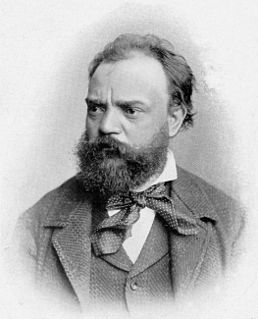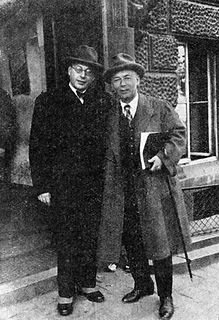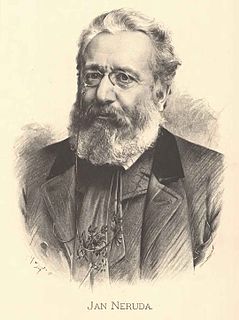 W
WAugust Wilhelm Ambros was an Austrian composer and music historian of Czech descent.
 W
WAuguste Auspitz-Kolár (19 March 1844 – 26 December 1878 was a Bohemian-born Austrian pianist and composer.
 W
WAntonín Leopold Dvořák was a Czech composer, one of the first to achieve worldwide recognition. Following the Romantic-era nationalist example of his predecessor Bedřich Smetana, Dvořák frequently employed rhythms and other aspects of the folk music of Moravia and his native Bohemia. Dvořák's own style has been described as "the fullest recreation of a national idiom with that of the symphonic tradition, absorbing folk influences and finding effective ways of using them".
 W
WHeinrich Wilhelm Ernst was a Moravian-Jewish violinist, violist and composer. He was widely seen as the outstanding violinist of his time and one of Niccolò Paganini's greatest successors.
 W
WLeopold Koželuch was a Czech composer and music teacher.
 W
WAntonín Kraft was a Czech cellist and composer. He was a close friend of Haydn, Mozart, and Beethoven.
 W
WJaroslav Křička was a Czech composer, conductor, and music teacher. He was the brother of poet Petr Křička[de].
 W
WFranz Krommer was a Czech composer of classical music and violinist. His 71-year lifespan began half a year after the death of George Frideric Handel and ended nearly four years after that of Ludwig van Beethoven.
 W
WJan Nepomuk Neruda was a Czech journalist, writer, poet and art critic; one of the most prominent representatives of Czech Realism and a member of the "May School".
 W
WJosef Neruda was a Moravian organist and music teacher.
 W
WAnna Marie Rudolfina Neruda was a Swedish violinist.
 W
WWilhelmine Maria Franziska Neruda (1838–1911), also known as Wilma Norman-Neruda and Lady Hallé, was a Moravian virtuoso violinist, chamber musician, and teacher.
 W
WOttokar Nováček was an Austro-Hungarian violinist and composer of Czech descent. He is perhaps best known for his work Perpetuum Mobile, written in 1895.
 W
WJosef Karl Richter was a Bohemian composer and military bandmaster.
 W
WVáclav Jan Křtitel Tomášek was an Austrian-Bohemian, by other accounts a Czech composer and music teacher. He was known as the Musical Pope of Prague. In the words of Kenneth Delong, “Highly opinionated, often sarcastic and projecting a sense of his own importance, Tomášek's memoirs also reveal him to be deeply concerned about all things artistic and intellectual: a man of courage and idealism, unflinching in his pursuit of truth in music and in life.”
 W
WJan Václav Hugo Voříšek was a Czech composer, pianist and organist.
 W
WBedřich Diviš Weber, also known by the German form of his name, Friedrich Dionys Weber, was a Bohemian composer and musicologist primarily remembered as the first Director of the Prague Conservatory, in whose foundation he played a leading role.